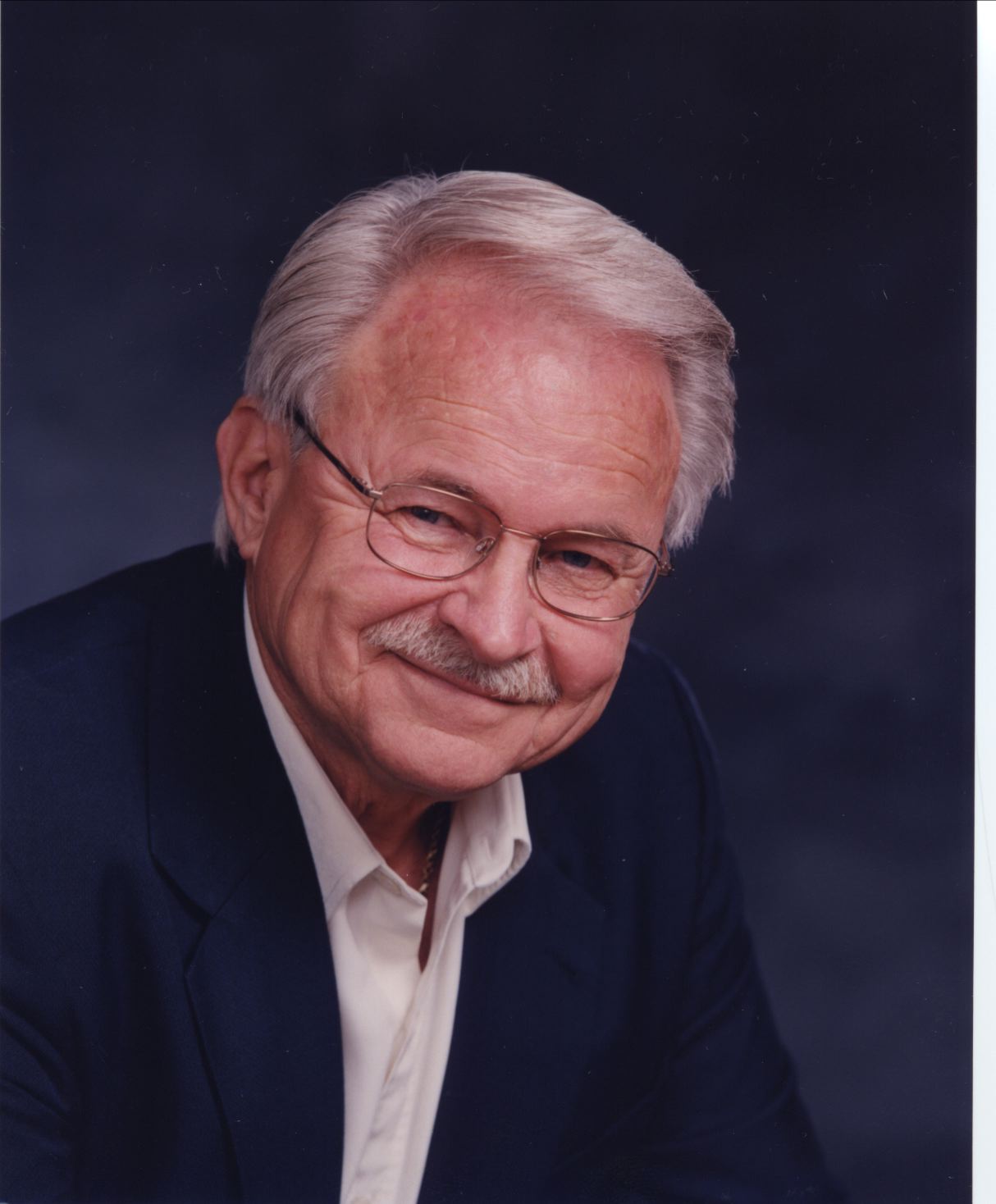Members skilled in questioning technique can keep the group work on track
By Robert J. Garmston
Categories: Collaboration, Learning designsJune 2008
Read the remaining content with membership access. Join or log in below to continue.
Sed ut perspiciatis unde omnis iste natus error sit voluptatem accusantium doloremque laudantium, totam rem aperiam, eaque ipsa quae ab illo inventore veritatis et quasi architecto beatae vitae dicta sunt explicabo. Nemo enim ipsam voluptatem quia voluptas sit aspernatur aut odit aut fugit, sed quia consequuntur magni dolores eos qui ratione voluptatem sequi nesciunt. Neque porro quisquam est, qui dolorem ipsum quia dolor sit amet, consectetur, adipisci velit, sed quia non numquam eius modi tempora incidunt ut labore et dolore magnam aliquam quaerat voluptatem.
References
Garmston, R. (2002, Summer). Standards can guide success in meetings. JSD, 23(3), 74-75.
Garmston, R. & Wellman, B. (1999). The adaptive school: A sourcebook for developing collaborative groups. Norwood, MA: Christopher-Gordon.
Hoy, W.K., Tarter, C.J., & Hoy, A.W. (2006). Academic optimism of schools: A force for student achievement. American Educational Research Journal, 43(3), 425- 446.

Robert J. Garmston (fabobg@gmail.com) is an emeritus professor of education administration at California State University, Sacramento, and co-developer of Cognitive Coaching and Adaptive Schools.
Categories: Collaboration, Learning designs
Recent Issues
EVALUATING PROFESSIONAL LEARNING
February 2024
How do you know your professional learning is working? This issue digs...
TAKING THE NEXT STEP
December 2023
Professional learning can open up new roles and challenges and help...
REACHING ALL LEARNERS
October 2023
Both special education and general education teachers need support to help...
THE TIME DILEMMA
August 2023
Prioritizing professional learning time is an investment in educators and...








